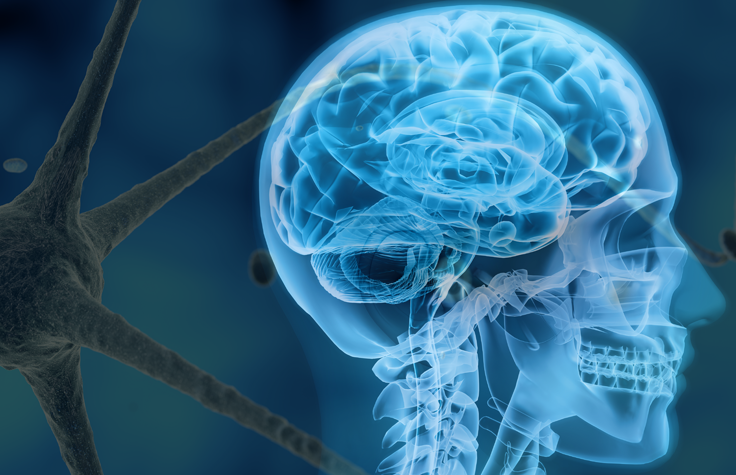As the amount of available genome-wide association, whole-exome and whole-genome sequencing data increases, we are continuously building our understanding of the genetics of neurodegeneration. At the same time, the notion that genetics has a huge potential in informing drug discovery and identifying biomarkers is becoming widely accepted. However, finding a gene does not necessarily equate to finding a drug target or a biomarker and lots more research needs to be conducted before we are able to draw an accurate map of the genomics of brain.
In this presentation, Dr. Mina Ryten explains how the rise of data accessibility around transcriptomics and epigenomics is driving methodologies leading to the improvement of genome annotation. Generating brain-relevant genome annotation of the brain still requires some compromises and Dr. Ryten describes different approaches, either prioritizing cellular resolution or focusing on molecular resolution, which bring different, but equally important answers.
 Dr. Mina Ryten
Dr. Mina Ryten
Clinical geneticist at Guy’s and St Thomas Hospital in London and MRC clinical scientist fellow at University College London specializing in neurodegenerative diseases.

Details
Fill Out Form to Access Webinar
Your email address is never shared with third parties.
- Date & Time
- Apr 24, 2020
- Affiliation
- Guy’s and St Thomas Hospital in London
- Presenter
- Dr. Mina Ryten
- Topic
- Genetic & rare diseases, Complex disease genomics, Neuroscience